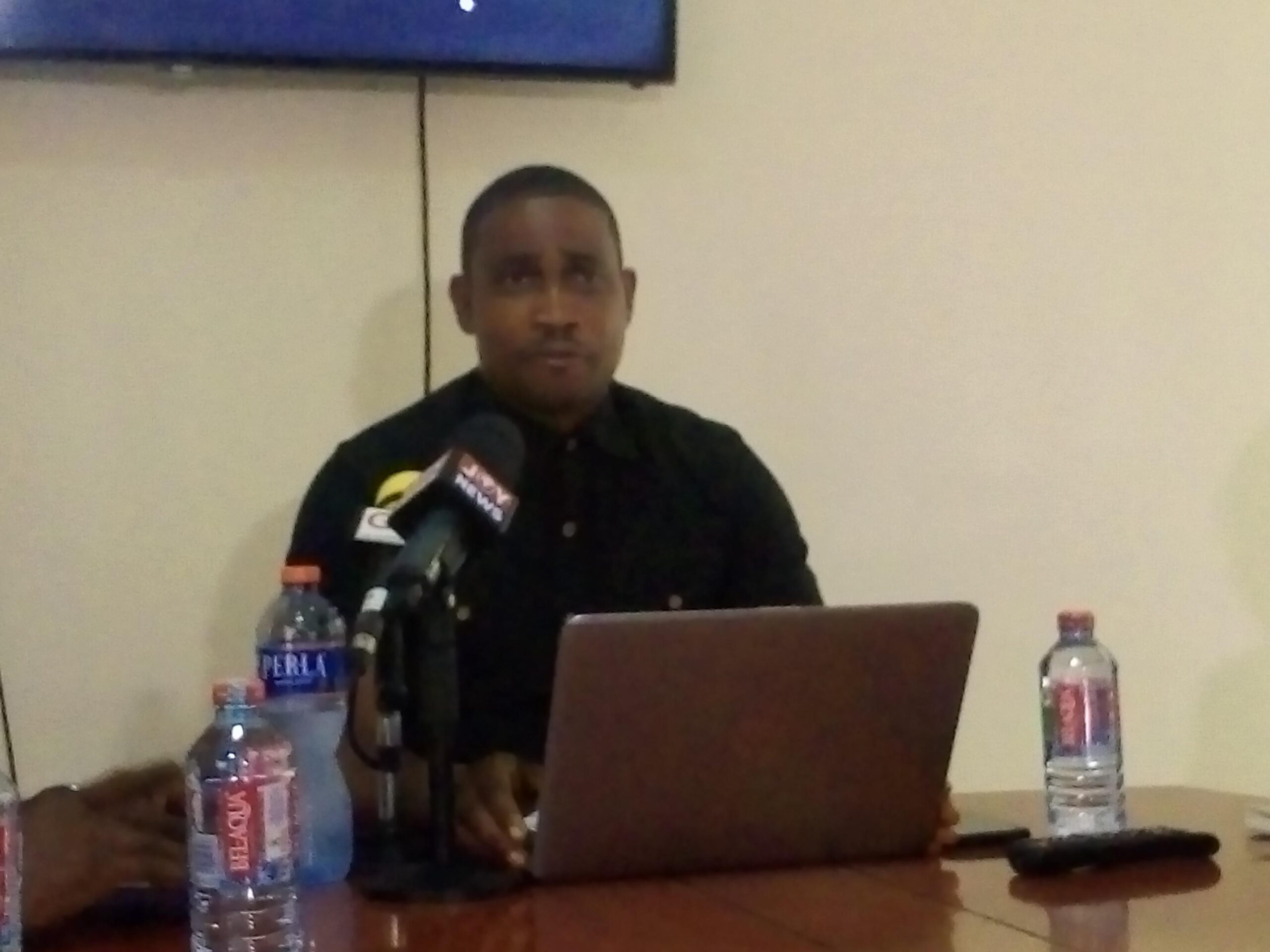
An eminent member of the National African Peer Review Mechanism Governing Council (NAPRM-GC), Laud Mansfield Baddoo, has emphasised on the need for Africa to establish its own credit rating agencies.
This, Mr. Baddoo is optimistic will provide fair and balanced assessments of its economies.
Speaking at the Credit Rating Methodology Transparency Workshop press briefing yesterday, Mr. Baddoo highlighted the adverse impact of global rating agencies on developing economies and called for the creation of indigenous financial institutions to support African nations during crises.
“At the height of Ghana’s economic crisis, these agencies downgraded the country’s creditworthiness to junk status, effectively blocking Ghana from accessing the capital market and exacerbating the liquidity crisis into a solvency crisis,” Mr. Baddoo emphasised.
Mr. Baddoo pointed out the significant improvements in creditworthiness across Africa reported by the African Sovereign Credit Rating Review, with nine countries receiving positive sovereign credit rating actions in the second half of 2021. This progress was largely due to faster and stronger economic recovery efforts amid the COVID-19 pandemic.

“Good corporate governance is inextricably linked to robust credit ratings. A well-governed company not only manages its internal and external risks effectively, but also fosters a business environment that is sound and predictable,” Baddoo said.
He stressed that countries with diversified economies and strong governance frameworks were better able to navigate the pandemic’s economic fallout, securing positive ratings and attracting investment.
However, Mr. Baddoo acknowledged the uneven economic landscape across the continent, with several countries still facing significant challenges due to external shocks such as the global pandemic, geopolitical tensions and fluctuating commodity prices.
This disparity in credit ratings, he said, underscores the need for comprehensive reforms and capacity-building in governance and risk management.
“The recent downgrades of Ghana and other African countries by global rating agencies have brought to light the urgent necessity for Africa to develop its own rating agencies,” Mr. Baddoo stated.
He argued that these agencies would be more attuned to the unique economic contexts and challenges faced by African nations, providing more balanced and fair assessments.
As the workshop commenced, Mr Baddoo posed crucial questions for discussion: “How can we ensure better oversight on firms regarding their corporate governance and its impact on shareholder wealth and stakeholder benefits?
“What measures can we implement to enhance the effectiveness and efficiency of credit rating agencies? What structures are necessary to promote the growth of credit rating agencies and help them thrive?”
Mr. Baddoo continued by stressing the importance of strengthening State-Owned Enterprises (SOEs) through good governance to enhance their efficiency, competitiveness and commercial viability.
He expressed hope that the workshop’s discussions would lead to actionable resolutions to improve the credit rating systems in African nations, ensuring sustainable economic growth and increased investor confidence.
“Proper regulation and robust corporate governance can legitimise the use of credit ratings, leading to increased trust from investors. This trust is essential for attracting investment and fostering economic growth,” Mr. Baddoo concluded.
In a presentation delivered on behalf of Her Excellency, Ambassador Marie-Antoinette Rose Quatre on Ghana and Africa’s Financial Landscape by Dr. McBride Nkhalamba, Director of Governance and Specialised Reporting, he shared insights from the APRM’s Technical Support Mission to Ghana on credit ratings, highlighting Ghana’s challenges with inaccurate and irregular ratings from international agencies.
He emphasised APRM’s support, noting “We corroborated Ghana’s concerns with the downgrades.”
The mission’s findings revealed a need for better institutional coordination, proactive engagement with credit rating agencies and improved communication of economic data.
Recommendations include establishing a Credit Rating Liaison Team, revising regulatory frameworks and developing a national credit rating strategy.
Dr. Nkhalamba also discussed the establishment of the Africa Credit Rating Agency, describing it as “a private sector-driven agency for financial independence,” with the goal of enhancing Africa’s economic development.
He called on the African Development Bank and Africa Export-Import Bank to provide the necessary support, with a target to have the agency fully operational by 2025.
“This marks a significant step towards financial independence,” he emphasised.
The workshop, which began on July 9 and expected to end on July 12, 2024 in Accra, Ghana, aims to address the reform of credit rating systems and their impact on the economic stability and growth of African nations.
The post Africa Must Develop Its Own Rating Agencies –APRM appeared first on The Ghanaian Chronicle.
Read Full Story















Facebook
Twitter
Pinterest
Instagram
Google+
YouTube
LinkedIn
RSS